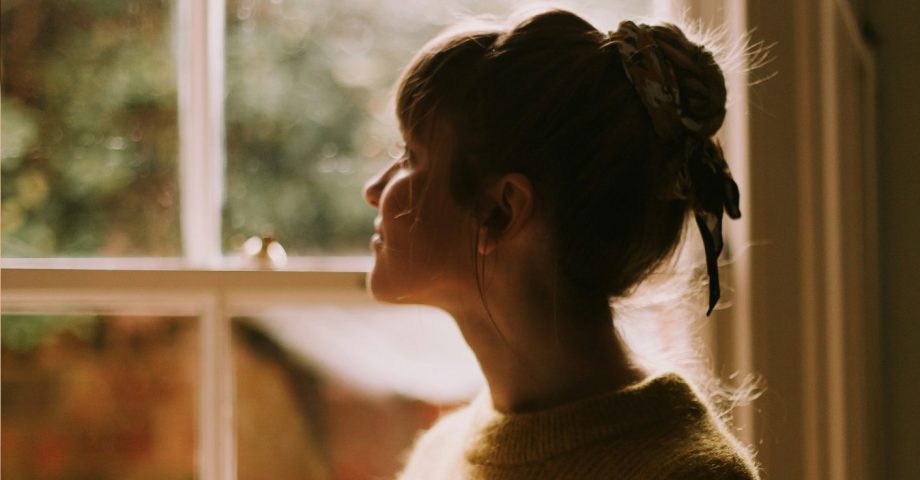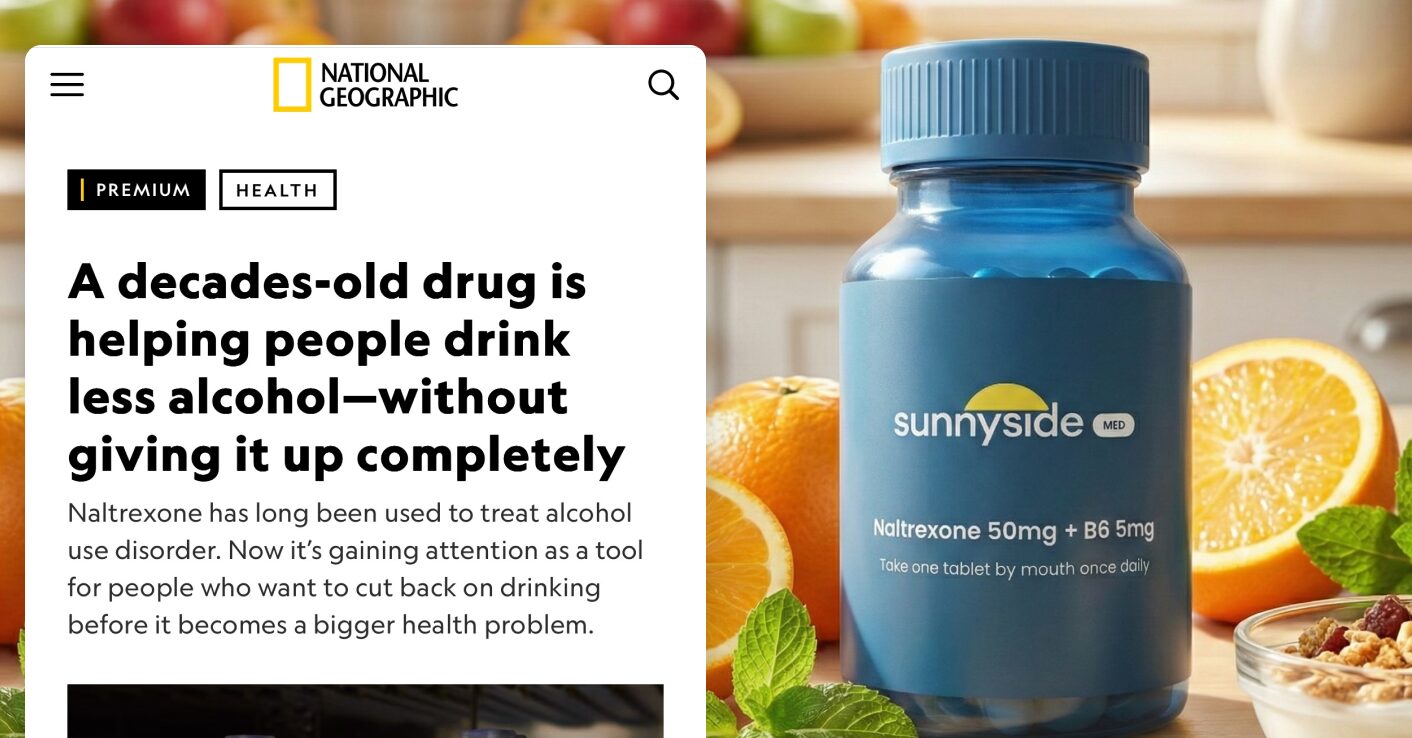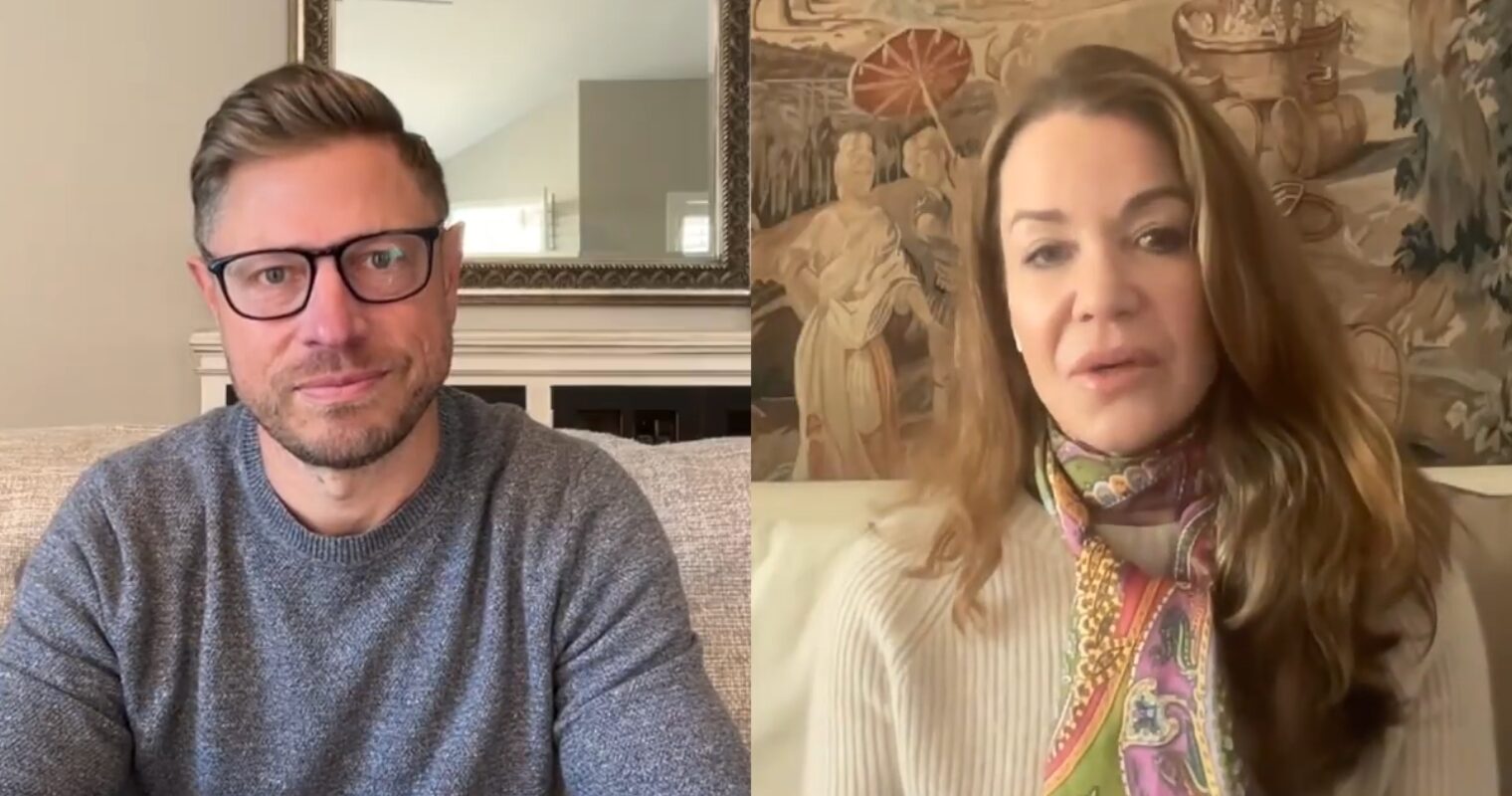Last Updated on April 14, 2025
Ever wake up after drinking and immediately feel… off? Maybe your stomach sinks, your brain replays a conversation on loop, or you wonder, Why did I drink that much again?
Don’t worry— it’s not just in your head. There’s real neuroscience behind feeling guilty after drinking, and once you understand it, you can start to change it.
Watch The Related Podcast
7 Scientific Reasons You Might Feel Guilty After Drinking
Your brain chemistry is not at its most stable after a night of drinking, which can lead to intense feelings of guilt that aren’t necessarily warranted or valuable. There are a lot of things that might be going on under the surface.
1. The Dopamine Crash
Alcohol temporarily spikes dopamine, the brain’s “feel-good” chemical. That initial high can make you feel confident, relaxed, maybe even like the best version of yourself. But the brain doesn’t love artificial highs. It tries to restore balance by pulling dopamine levels back down fast.
That crash can leave you feeling low, unsettled, and searching for a reason why you feel this way. Enter self-criticism and guilt.
2. The Morning-After Prefrontal Cortex Wake-Up Call
Your prefrontal cortex (the part of the brain responsible for decision-making and impulse control) is impaired while drinking. That’s why “just one” drink can turn into several.
The kicker? The following day, your prefrontal cortex is back online—and in full-blown damage control mode. It reviews last night’s choices with clarity and judgment, often making them feel worse than they actually were.
3. Spiked Cortisol and Hangxiety
Cortisol, the stress hormone, is lowered while you’re drinking. That temporary chill vibe is nice, but it comes at a cost. The next day, cortisol levels bounce back up, and sometimes they overdo it a little. This spike can make you feel anxious, irritable, and even jumpy. Your brain starts scanning for problems or events that might justify the feeling, even if nothing actually went wrong.
4. Serotonin and Social Self-Doubt
Alcohol increases serotonin, which can boost your confidence and make socializing easier. That’s why you might feel like the life of the party when you’re a few drinks in.
But once serotonin drops the next day, so does your self-assurance. You might start wondering: Was I too loud? Did I overshare? Did I say something dumb? This second-guessing is probably more about brain chemistry than anything you actually did.
5. Identity Conflict and Cognitive Dissonance
If you’ve set a goal to cut back on drinking or simply want to make healthier choices, going overboard can feel like a self-betrayal.
That internal friction is called cognitive dissonance: when your actions don’t align with your values. The discomfort you feel is your brain’s way of nudging you toward change. But it often shows up first as guilt and shame.
6. The Shadow Self Effect
Psychologist Carl Jung called it the “shadow self”—the part of us we prefer to keep hidden. Alcohol can loosen the filter and bring those traits out. Maybe you got more emotional than usual. Maybe you said something you regret.
Even if nothing dramatic happened, that disconnect from your usual self-image can trigger lingering guilt.
7. The “Alcohol as an Excuse” Trap
Sometimes the guilt isn’t about what or how much you drank—it’s about what that drinking enabled. Skipping your AM workout, sending a risky text, eating food that makes you feel blah—alcohol lowers your self-control, making suboptimal choices easy in the moment, but harder to face later.
How to Stop Feeling Guilty After Drinking
Guilt doesn’t have to be your default feeling after drinking. These strategies can help you break that cycle and feel more in control.
1. Think of Guilt as a Useful Signal, Not a Sentence
Guilt isn’t always a bad thing. It can be your brain’s way of saying, Hey, this didn’t align with what we want. Instead of spiraling into shame, ask yourself: What can I learn from this?
2. Identify Your Triggers
What specifically makes you feel guilty after drinking? Is it the quantity, how you acted, or how you feel the next day?
Track your drinking habits for a week. Write down how much you drank, how you felt the next day, and what (if anything) triggered any guilt or regret. Patterns will emerge, and those patterns are where change starts.
3. Practice Self-Compassion
It’s easy to beat yourself up, but self-compassion will help you not only feel better, but also build better habits. So ask yourself: Would I talk to a friend the way I’m talking to myself right now?
If you’re not practicing self-compassion, then probably not. Switch things up: Show yourself the same kindness and understanding you’d offer a loved one. You’re learning, and it’s understandable to make mistakes.
4. Make a Plan for Next Time
Guilt without action becomes a cycle. But when you make a game plan for the next time you drink, you give yourself a chance to break it.
Maybe that means:
- Drinking water between alcoholic drinks
- Capping the number of drinks you’ll have
- Switching to a beverage that doesn’t mess with your sleep
- Choosing not to drink at all
Small, realistic goals beat vague promises every time.
You’re Not Alone—And You’re Not Broken
If you feel guilty after drinking, it’s not a personal failing. It’s your brain and body responding to a complex mixture of chemistry, psychology, and lived experience. Most importantly, it’s something you can work to shift, not something inevitable.
Change doesn’t come from shame. It comes from awareness, intention, and small, consistent shifts.
Sunnyside can build you a personalized plan to drink more mindfully, based on your individual goals and lifestyle. Try it free for 15 days and work toward a healthier relationship with alcohol.





